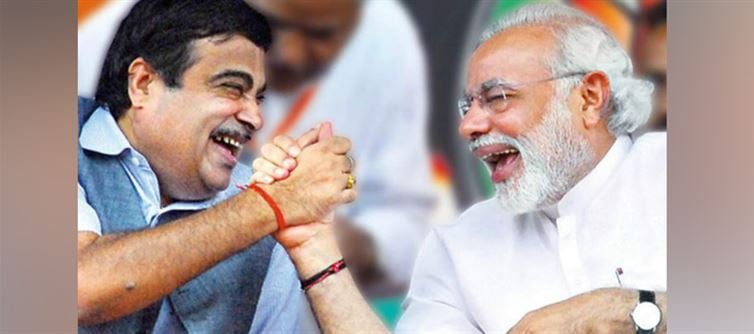
Many citizens believe that petrol prices in india should ideally be around ₹55 per litre, given the current global crude oil rates and the government’s access to discounted Russian oil. The real question they are raising is — if the base cost is so much lower, who is pocketing the remaining ₹45 per litre? This suspicion has intensified with allegations that massive profits are being made through inflated pricing, all at the expense of common people who are struggling with rising living costs. Despite repeated calls for transparency, no clear breakdown of the pricing structure or beneficiaries of the margins has been provided to the public.
Social media discussions have further amplified two controversial claims — the so-called “Russian oil Scam” and the “Ethanol Mixing Scam.” In the first case, critics allege that the discounted oil imported from russia is sold domestically at near-market prices, with the extra profits being shared between major corporate players like reliance (Ambani) and political figures within the BJP. The second claim targets the ethanol blending programme, accusing large sugar companies of overpricing ethanol supplied to oil marketing firms, with alleged kickbacks or profit-sharing involving political networks, including senior leaders like nitin gadkari and his family. While these remain allegations without official proof, the lack of government clarification fuels public suspicion.
What frustrates many is the perceived complicity of mainstream media, which, critics say, avoids probing these issues due to political and corporate pressures. Instead of investigating the financial mechanics behind fuel pricing, media narratives often focus on peripheral topics, leaving the core questions unanswered. Meanwhile, high petrol and diesel prices continue to drain household budgets, with taxes forming a major portion of the retail price. For the average citizen, it feels like an organised system of economic exploitation, where both corporate interests and political power benefit, while the burden is squarely placed on the shoulders of the common man.
Social media discussions have further amplified two controversial claims — the so-called “Russian oil Scam” and the “Ethanol Mixing Scam.” In the first case, critics allege that the discounted oil imported from russia is sold domestically at near-market prices, with the extra profits being shared between major corporate players like reliance (Ambani) and political figures within the BJP. The second claim targets the ethanol blending programme, accusing large sugar companies of overpricing ethanol supplied to oil marketing firms, with alleged kickbacks or profit-sharing involving political networks, including senior leaders like nitin gadkari and his family. While these remain allegations without official proof, the lack of government clarification fuels public suspicion.
What frustrates many is the perceived complicity of mainstream media, which, critics say, avoids probing these issues due to political and corporate pressures. Instead of investigating the financial mechanics behind fuel pricing, media narratives often focus on peripheral topics, leaving the core questions unanswered. Meanwhile, high petrol and diesel prices continue to drain household budgets, with taxes forming a major portion of the retail price. For the average citizen, it feels like an organised system of economic exploitation, where both corporate interests and political power benefit, while the burden is squarely placed on the shoulders of the common man.




 click and follow Indiaherald WhatsApp channel
click and follow Indiaherald WhatsApp channel